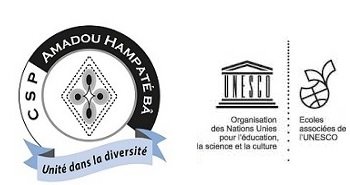Do our children really learn at school?
Today, Nigerien schools produce a high number of uneducated and ignorant graduates. For what ?
We do not attend an educational establishment just to obtain a diploma, we also attend it to better understand the world and find the beginnings of answers to the questions that we all ask ourselves, despite our different cultural, social, philosophical or religious affiliations. French, history, geography, mathematics, science, etc., all school subjects are there to answer these fundamental questions. Who are we ? Where do we come from ? Where are we heading? What planet earth do we want for ourselves and for future generations?
We, parents, attach much more importance to grades and diplomas than to the actual acquisition of knowledge. Let's take the example of student notebooks which are visible, useful and necessary products, but which often make us forget that the most important thing is the invisible: that is to say not the lesson that our child copied from the blackboard, but what he understood and constructed from this lesson.
In most of our classes, the copy becomes an object in itself, where we are convinced that it is proof that a lesson has been well conducted. If parents don't see a copy, it's because the teacher did their job poorly. However, the teacher must emphasize the acquisition of much more lasting, deep and permanent knowledge during the work that the student will have carried out with his help on the copied lesson.
Learning a lesson that you understand well by heart is a useful exercise. Learning a lesson by heart that you don't understand only serves to get a good grade on the day of the exam. The next day, this knowledge simply evaporates from the student's head. Is this really what we want for the future generation?
As parents and educators, we must act. Bold solutions exist, but they require breaking down certain taboos. Will we have the courage? The question is before us.
April 13, 2014
